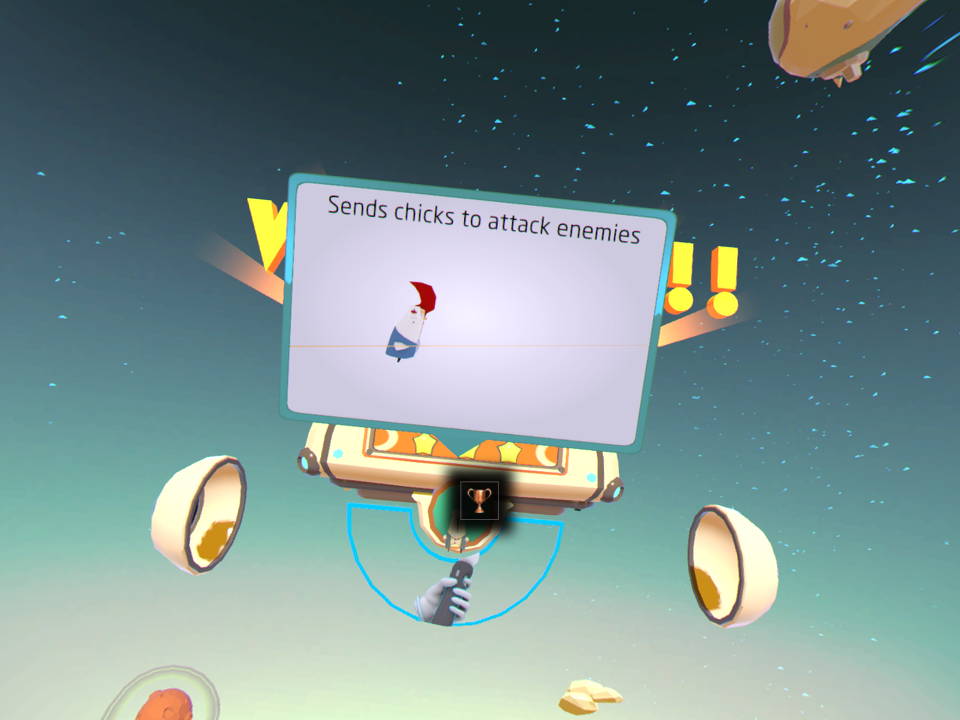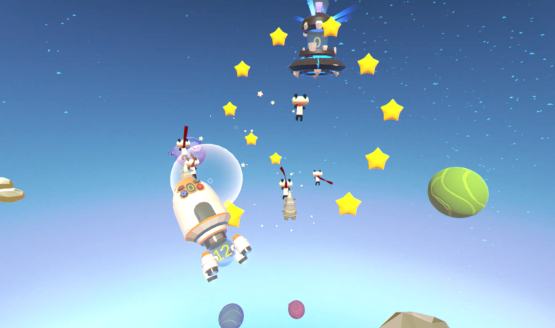PlayStation VR has a good selection of different types of games, but there aren’t many tower defense games available for the platform. ISVR brings us Animal Force, a different take on the tower defense genre. Specially developed for the PSVR, can the new format produce a tower defense that’s different yet still enjoyable? Time to find out in our review.
Added Depth
Animal Force has a lot going for it, concept-wise. Tower defense is usually done on a 2D plane, where the player’s only concern is which path enemies will take. Animal Force, however, takes place in a full VR environment. As such, enemies can spawn in via designated portals, which appear anywhere in the area in all three dimensions. The path enemies take is represented by a simple line, though this line can and often does snake through the level, around obstacles and curves around in spirals.
A major issue many gamers will likely have with Animal Force is its massive spike in difficulty. After the first few levels which serve as a warmup, things quickly ramp up. Enemies come at the player frequently, and the only way to obtain more friendly units is to take out those enemies. Sometimes, the level layout is such that enemies die almost immediately after spawning, which boils down to the player’s luck. There is no real strategy to laying units down, as the location of enemy spawns is not known until they actually show up. Placing units involves frantically reacting to enemy spawns. The player can pick up a certain amount of units at once, and they line up in the order they were picked up. Rather than placing units one by one, it’s an all-or-nothing affair. This means tactics must involve the order that units are picked up, which is yet another thing players must manage while enemies are randomly appearing. It’s a system that doesn’t work as well as it should, and will likely frustrate many.
Get Lucky
Enemy placement does not stay the same between plays of the same level. While this is a good thing for replayability’s sake, it means that when someone is stuck on a level, they need to get lucky and hope that enemies warp in easy-to-defend positions. The exception is levels with bosses, where enemy waves are identical leading up to the main fight. Boss fights occasionally also include regular enemies to battle, which can be helpful in replenishing a supply of animal units. Generally, though, these fights involve overpowered bosses, faced after what is usually a hectic round of enemies.
Whenever the player fails a level, they do keep some stars collected during a level, which can be used to upgrade friendly units. Stars only appear at certain pauses between enemy waves, and if an enemy is taken out and would have spawned a friendly unit, but the player has reached the level’s limit for units. The PlayStation Move controller is used as Animal Force’s menu, where units and tech can be upgraded if enough stars are collected. It’s quite a grind, as beyond level two, each unit takes hundreds of stars to upgrade further.
There is actually a story in Animal Force, however light and ridiculous. The player takes on the role of a space ship, which can gather and deploy animals, who are protecting defenseless humans. Aliens have arrived and have started abducting people throughout the world. Realistically, given that many of the animals in the player’s employ are endangered, or used as food for humans, these animals probably wouldn’t much like to protect us. But it’s all in good fun. The action is spread out through 28 levels across six worlds, and there is variety in location to keep things interesting.
Party Animals
Local multiplayer is present in Animal Force. There are three different modes to play, each of which can pit up to three non-VR players against the solo player wearing the VR headset. They are nice diversions from the main campaign, and are reminiscent of another party VR game, The Playroom VR.
Animal Force uses the Unity Engine, which has a lot of baked-in support for the PSVR. Visuals are cartoonish, and the action stays pretty solid. VR requires a fast frame rate, and this engine easily keeps up. There is an overworld of sorts, which is a seemingly endless planet that the player chases a UFO on. Levels take place right over an area of the world, such as a city, or farmland. It’s a unique aspect that ensures there are no real loading screens.
Animal Force has a cool idea, as it introduces gamers to tower defense in 360 degrees. But its execution feels more like a tech demo than a fully fleshed-out game. A massive difficulty spike in the second world will leave many players desperate for any sense of progress, and leveling up units takes a long time when one is stuck on a particular level. A trio of local multiplayer games gives players something else to do when they’re tired of the inevitable grind, at least. A bit more time spent balancing such a new form of tower defense could have gone a long way towards making Animal Force more enjoyable. At $15.99 ($12.79 for PS Plus) USD, it’s not a terrible buy, but it could have been a hit with just a few more tweaks.
-
Good use of PlayStation Move controller
-
Unique overworld and transition into battles
-
Local multiplayer
-
Extremely steep difficulty curve
-
Quickly becomes a grind-fest
Animal Force Review
-
Animal Force Review #1
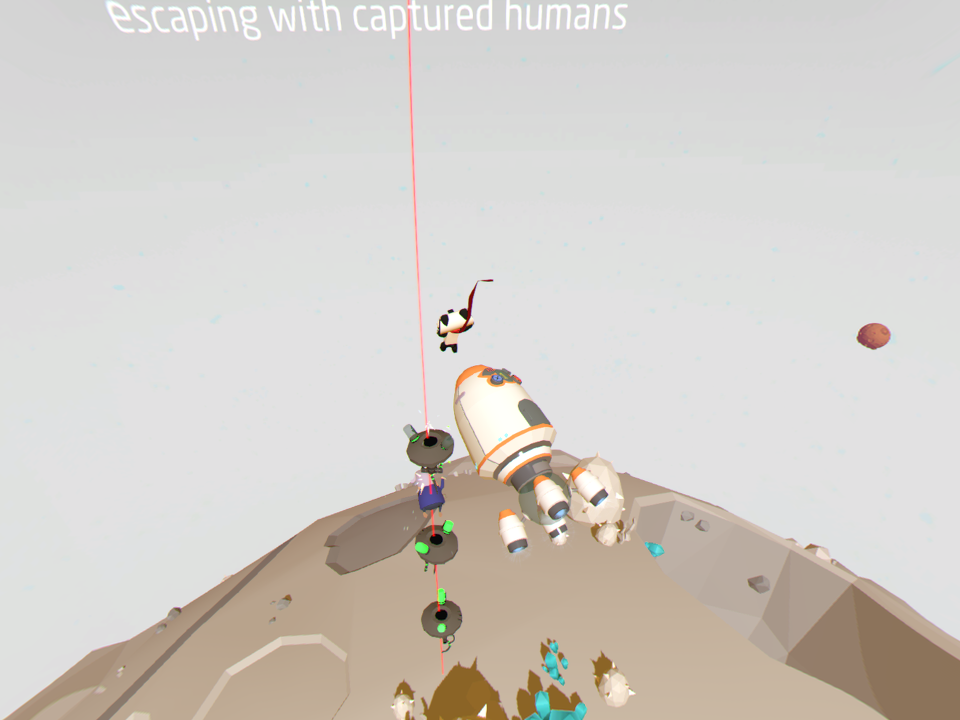
-
Animal Force Review #2
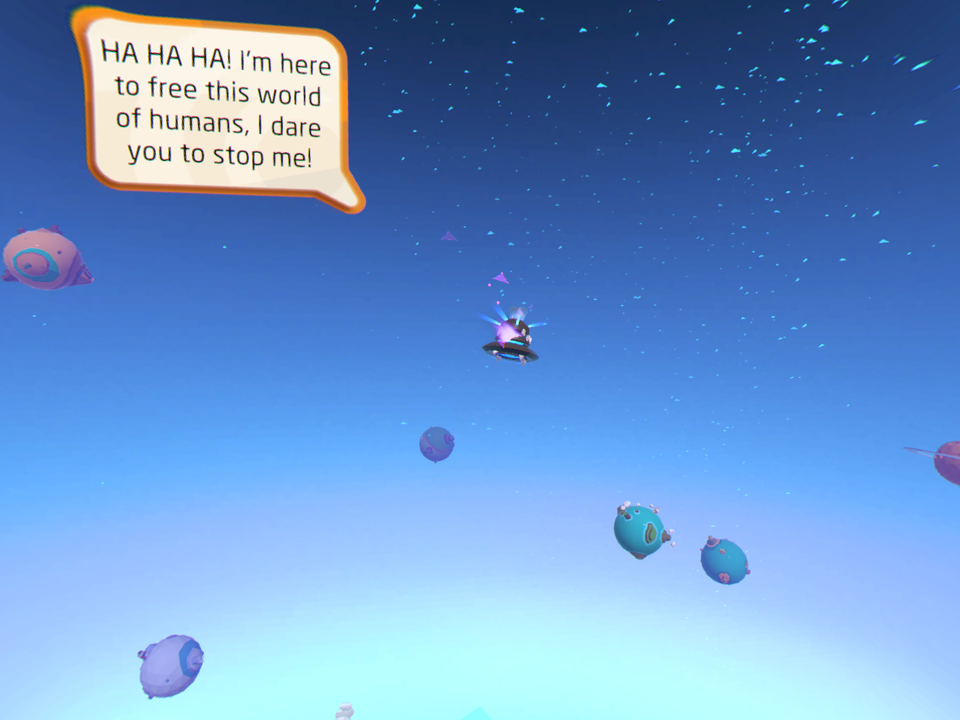
-
Animal Force Review #3
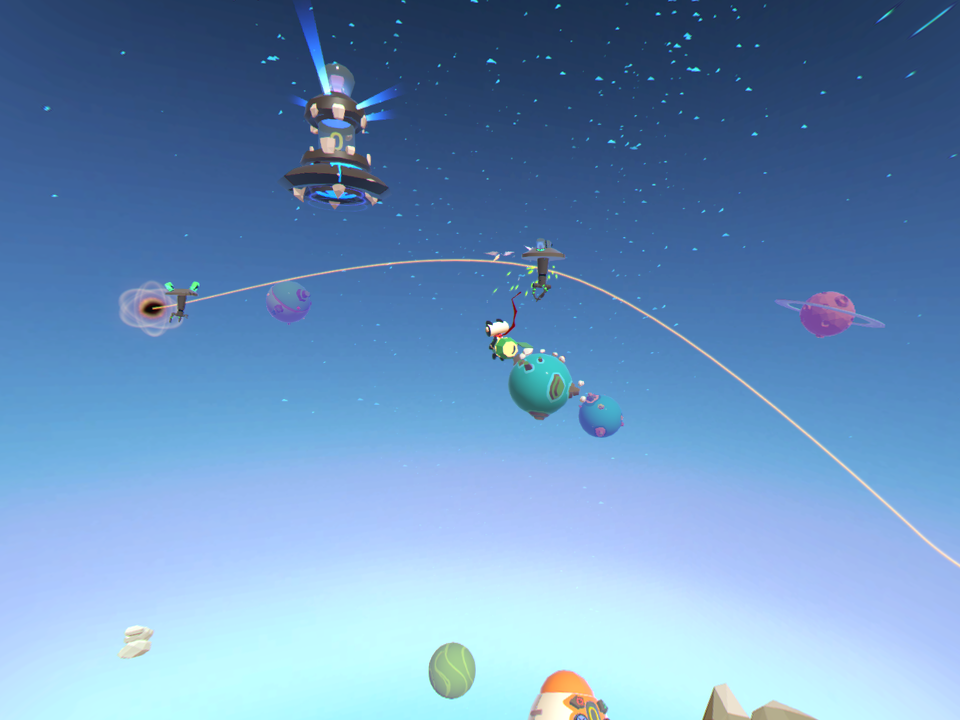
-
Animal Force Review #4
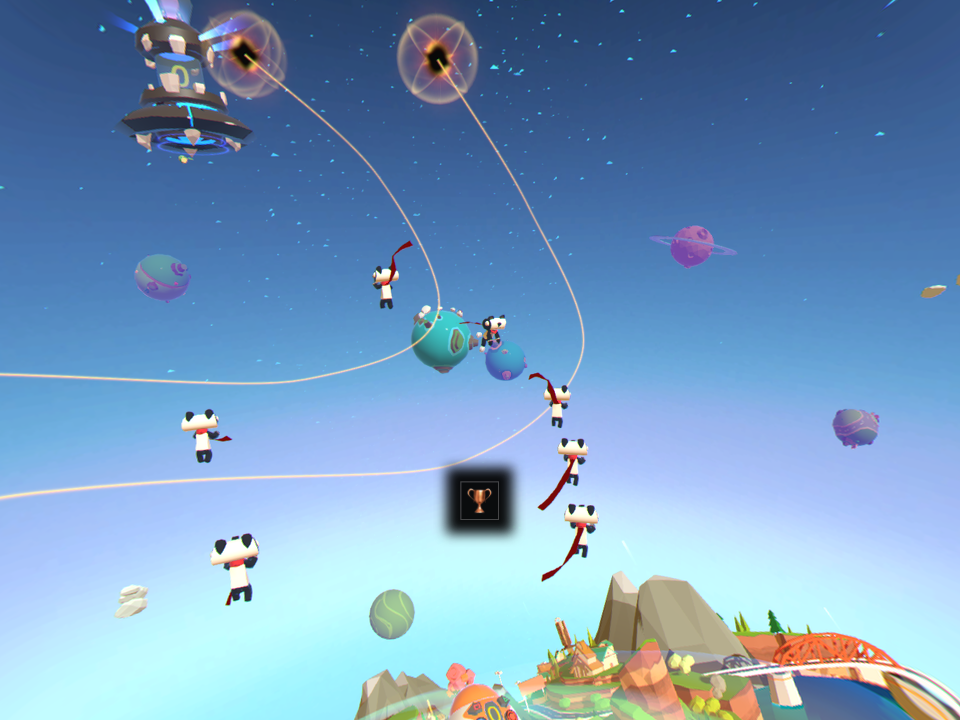
-
Animal Force Review #5
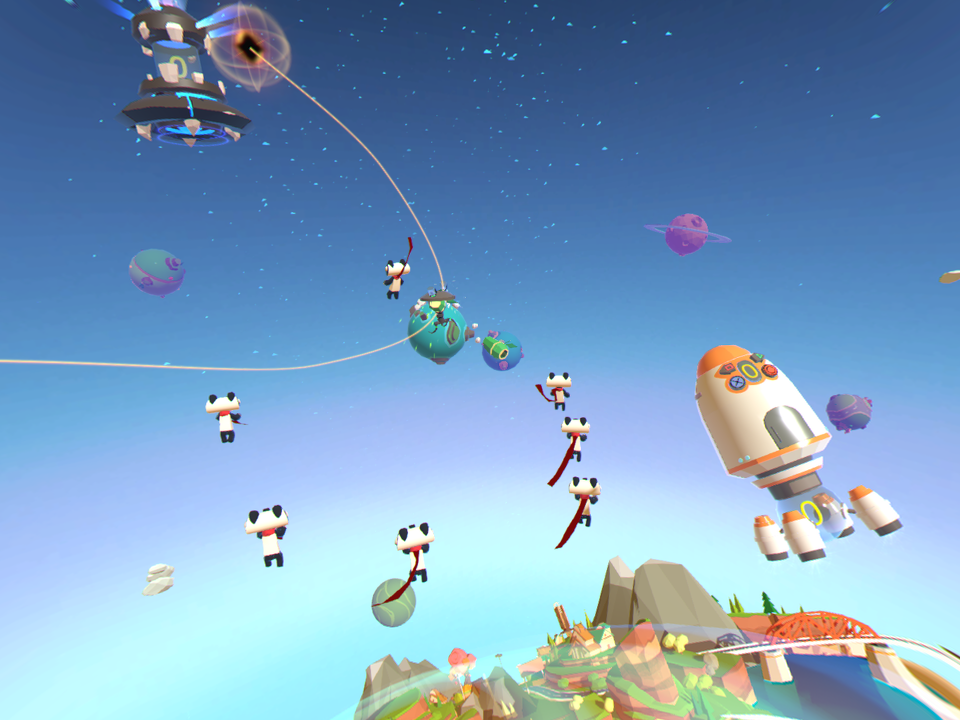
-
Animal Force Review #6
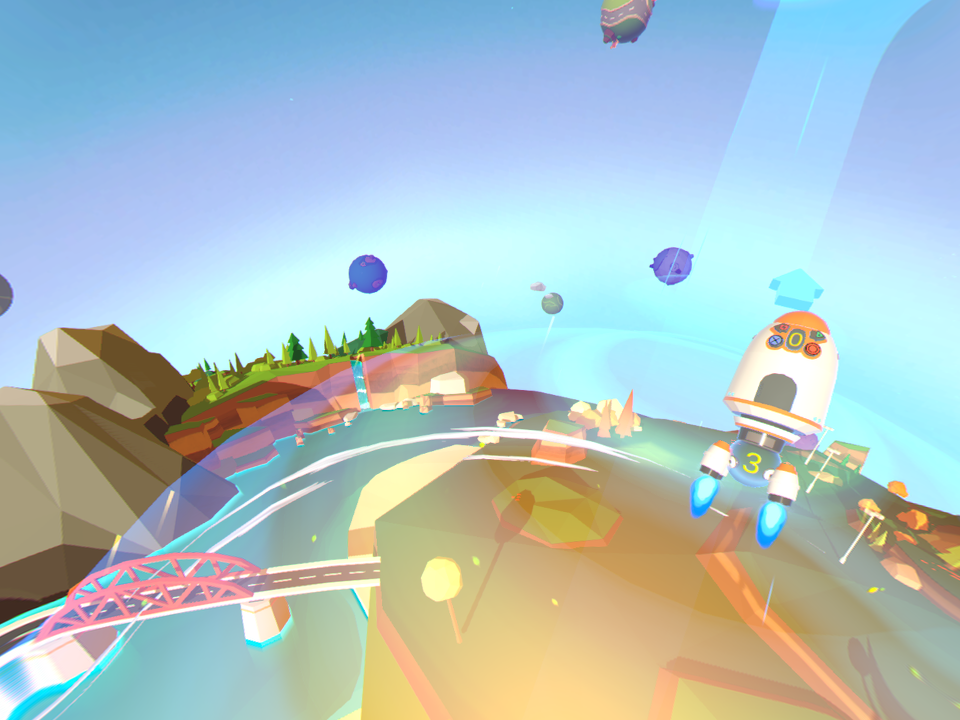
-
Animal Force Review #7
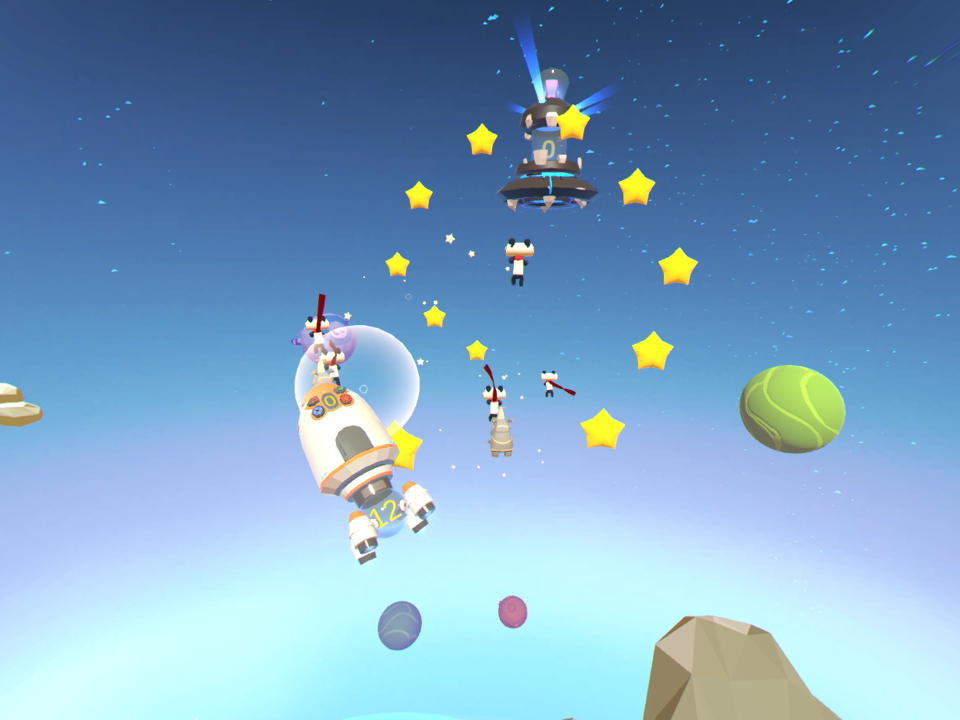
-
Animal Force Review #8
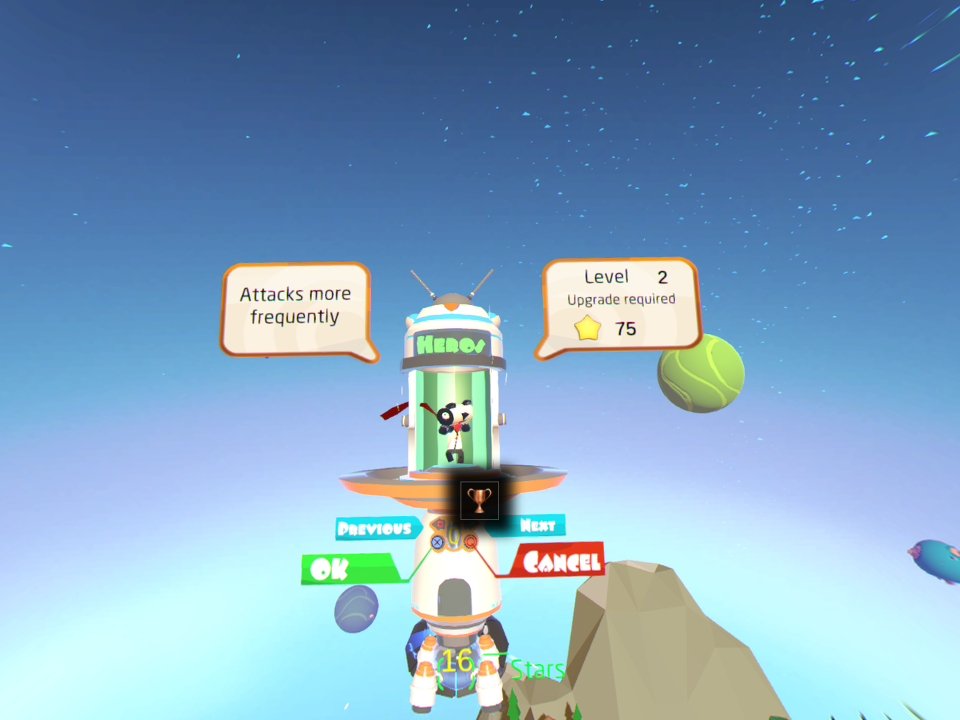
-
Animal Force Review #9
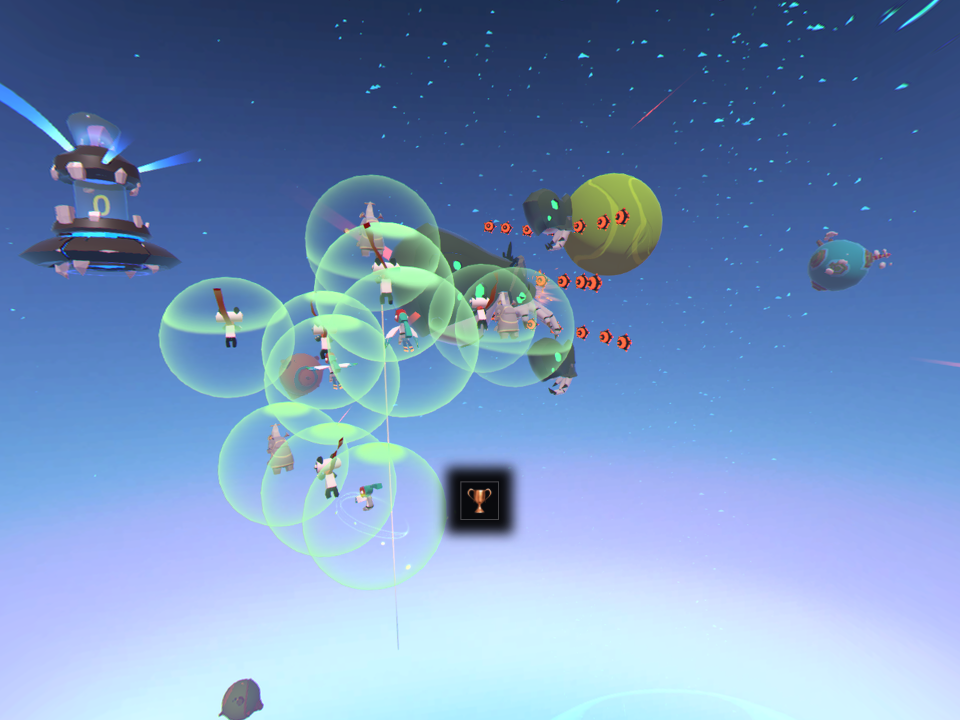
-
Animal Force Review #10
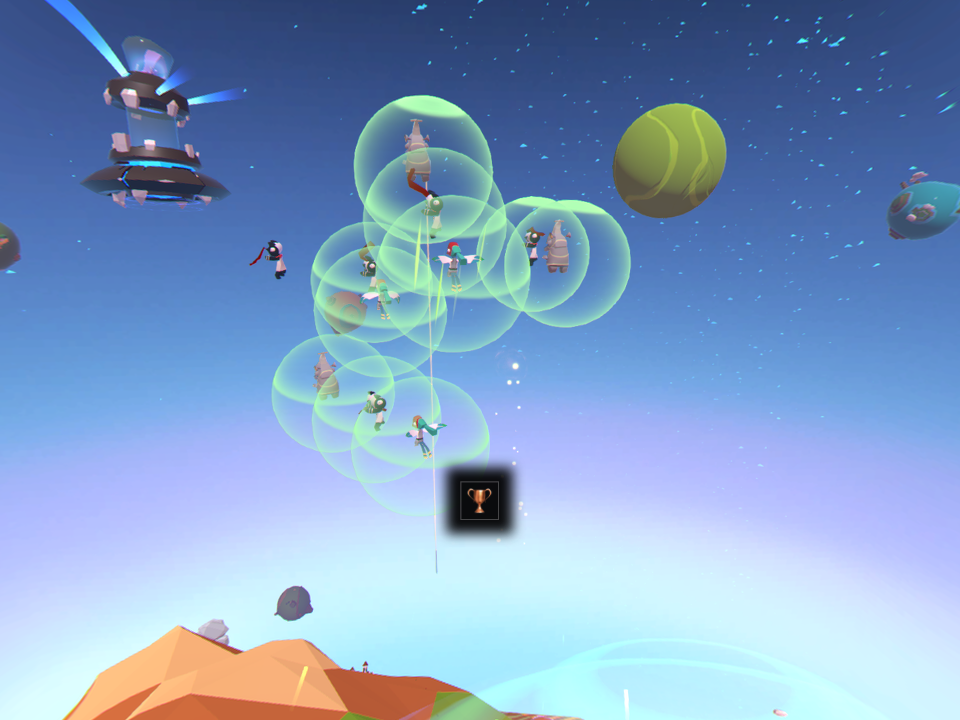
-
Animal Force Review #11
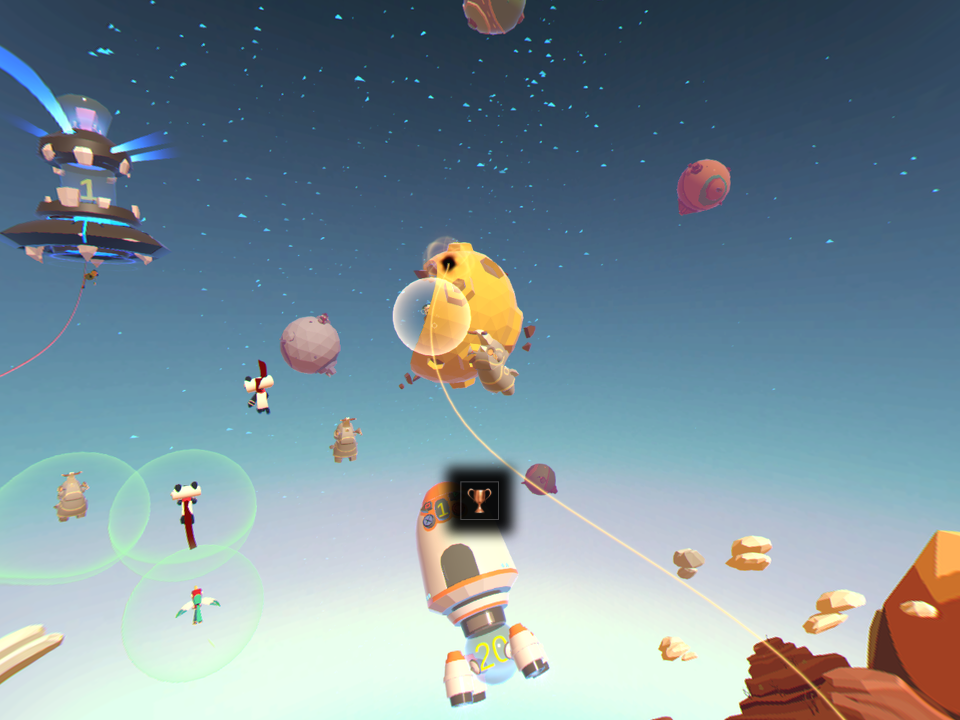
-
Animal Force Review #12
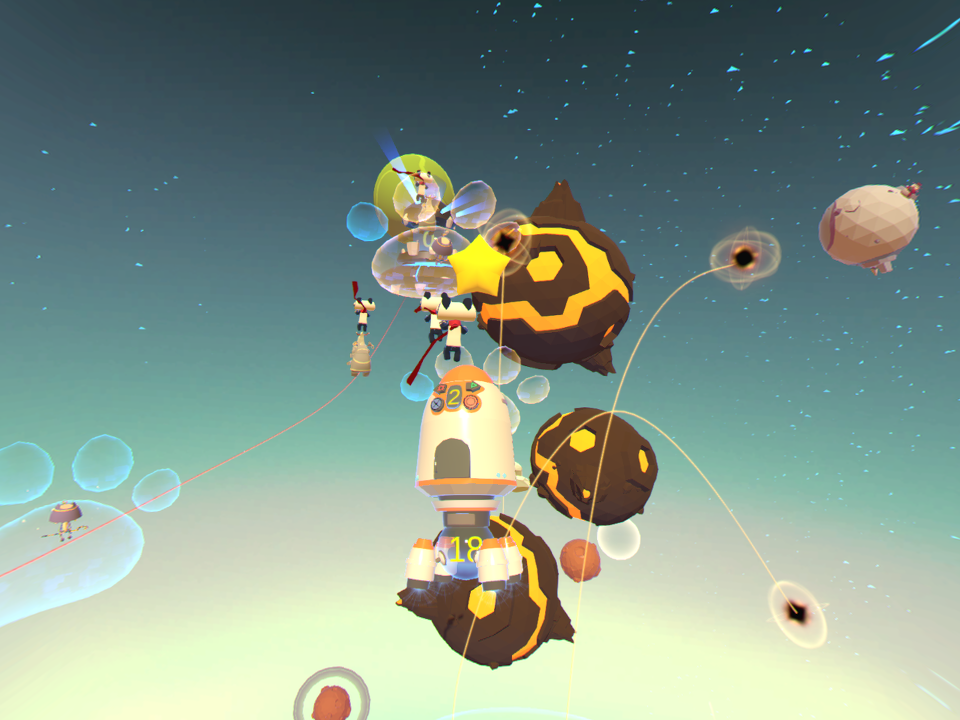
-
Animal Force Review #13
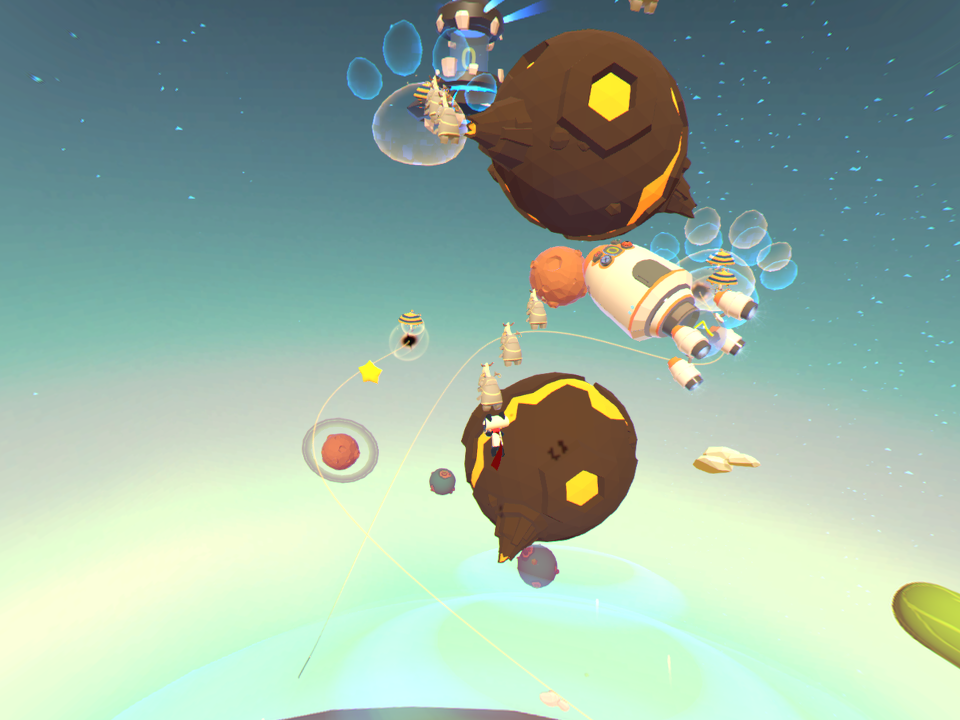
-
Animal Force Review #14
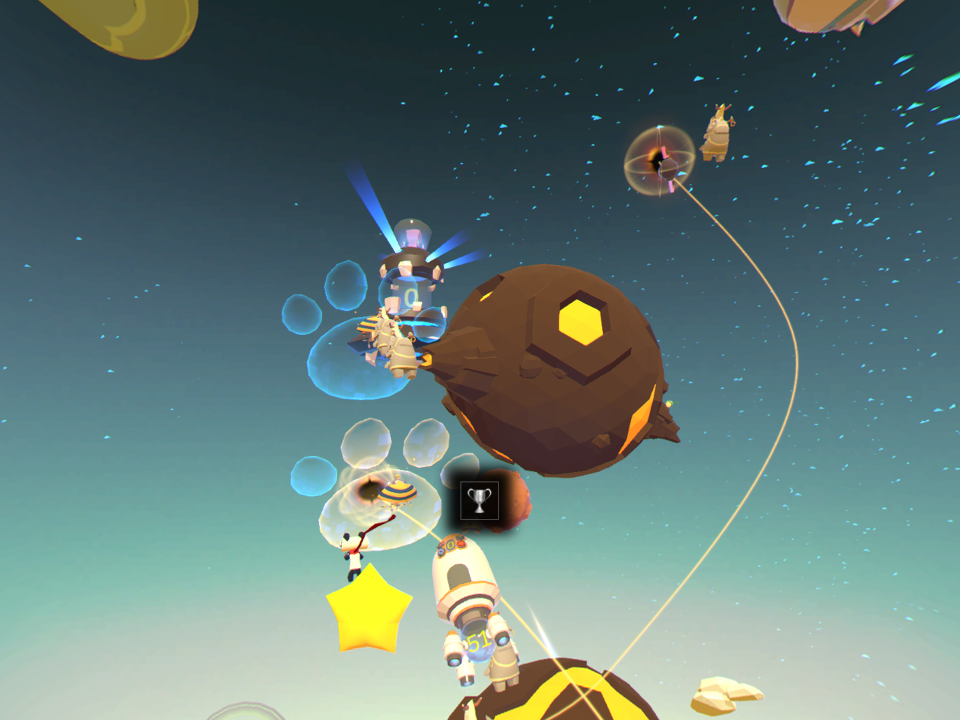
-
Animal Force Review #15
